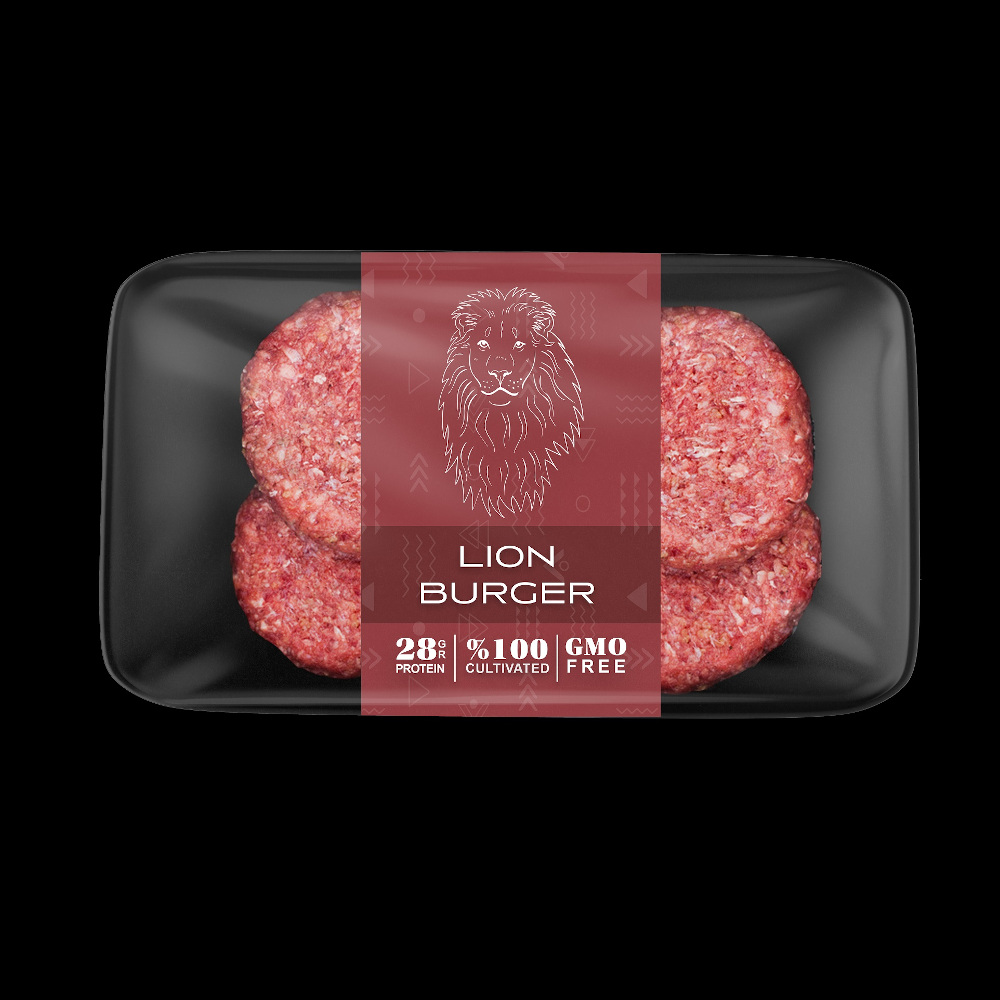NEW YORK, April 20 — Fancy a lion burger? A tiger steak? What, at first glance, seemed like an April fool’s joke, has been confirmed by the calendar to be nothing of the sort. In New York, a start-up is indeed developing lab-grown meat derived from wild animals.
Since scientists have succeeded in cultivating beef in a lab, why can’t they do the same with wild animals? It’s a crazy question, yet it’s one that has piqued the interest of a food tech company called Primeval Foods. The freshly launched start-up is promoting its scientific process, which is similar to the one already used in laboratories to create cell-cultured beef and pork with no need to slaughter animals.
Like the Israeli company Aleph Farms, credited with creating the first lab-grown steak, stem cells are also used as the basis to cultivate pieces of exotic “meat.” Amino acids are injected to stimulate the multiplication of the cells. Large steel tanks serve as incubators. In just a few weeks (the start-up does not specify the exact duration of growth required), you can theoretically obtain a freshly grown piece of zebra, elephant or giraffe meat.
It remains to be seen exactly how and where the start-up obtains these microscopic pieces of wild animal cells essential for the process to take place... Co-founder Yilmaz Bora, who has invested in a host of companies involved in the production of plant-based alternatives to meat, told the specialist media Food Navigator that for big cats these stem cells are sourced from animals in captivity. For the zebra cells, the start-up boss relies on what he describes as the “exotic meat market.” He also said that the firm is currently working on various species, such as the black panther, the Siberian tiger, the leopard or the white lion.
Beyond the scientific prowess involved, this initiative raises an essential question: do we really want to eat lion or tiger meat, and is it ethically acceptable to do so? And it’s a question that merits attention, because this research concerns endangered species such as the tiger. Last year, the International Union for Conservation of Nature updated its “Red List” of endangered species, with the African elephant notably going from “vulnerable” to “endangered” and even “critically endangered.”
The Primeval Foods boss explains the reasoning behind his budding business: “the reason we consume traditional species like beef and chicken today is not because they are the tastiest, healthiest or most nutritious ones. It’s because they are the ones easiest to domesticate”... — ETX Studio






















